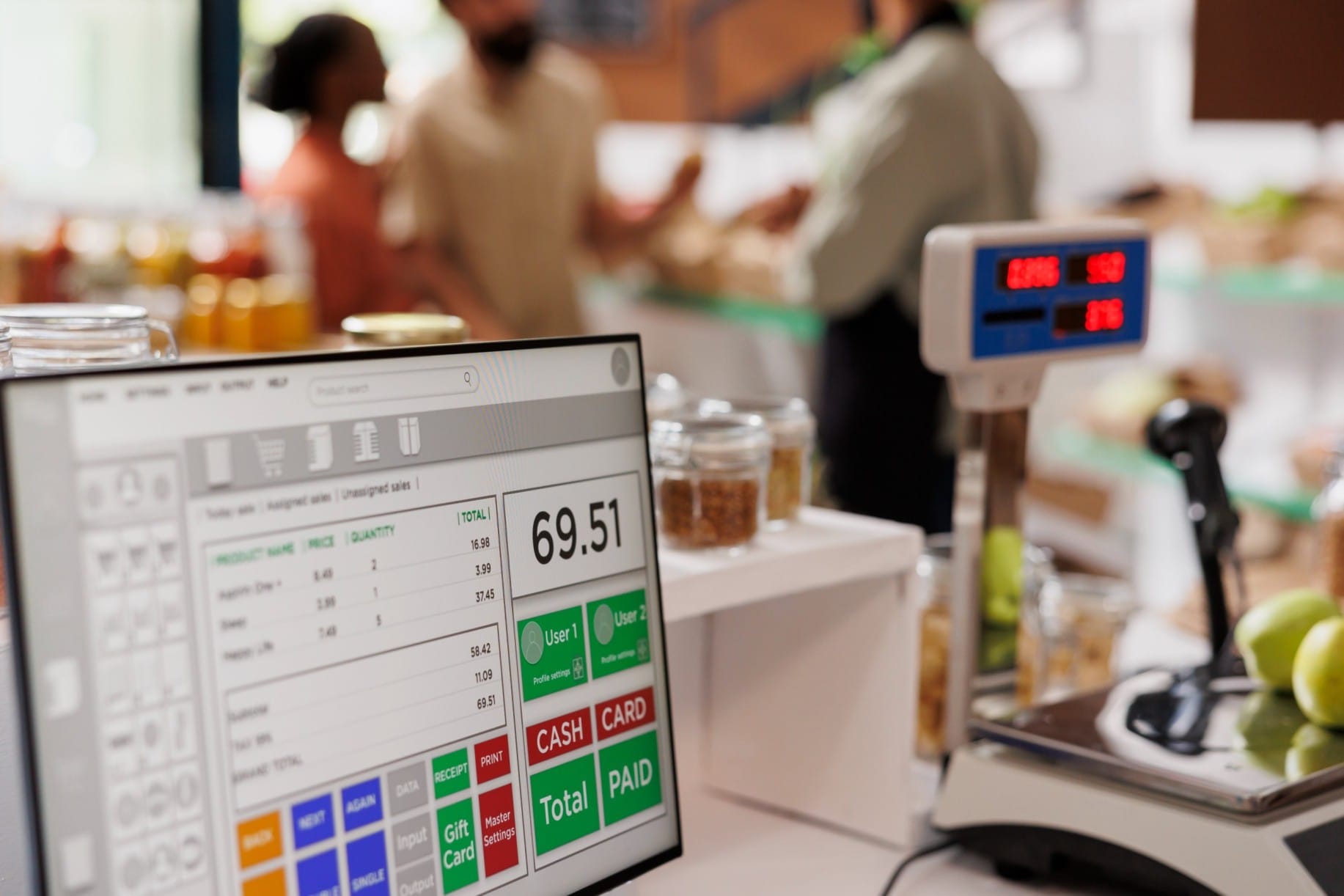The UK construction industry is constantly evolving. You should take a new approach to rising costs, lack of labor, and strict regulations. A Construction ERP system serves as a singular software solution for streamlining projects and reducing costs, along with increasing productivity. But what should UK builders look for the most? Here is the simplest, easy-to-digest guide to the essential construction ERP features for 2025.
Why Construction ERP Matters in 2025?
The construction industry is under unique kinds of pressure, such as daunting deadlines, intricate projects, and heightened sustainability. An effective ERP system aggregates your data, integrates all teams, and offers solutions to these problems.
With government attention in the UK being paid to infrastructure and attaining Net Zero goals, it’s mandatory to have the right technology, instead of leaving it as a ‘nice to have’. It’s time to discuss the must-have features that will aid in the prevention of long-term failure.
Tracking Projects in Real-Time
The inevitable risk of any project is the possibility of it getting delayed – this can severely affect its outcome. Tracking enables you to keep tabs on progress made, issues that need solving, as well as keeping track of timelines so everything is running smoothly.
An effective ERP system gives you information on labor hours, material use, and milestones. This is extremely important for builders from the UK in a multitasking environment in 2025.
Budgeting and Cost Control
As a result of shrinking profit margins and fluctuating material pricing, closely monitoring operational costs becomes crucial. One of the key highlights of an ERP solution is effective cost management.
Starting from expense tracking to budgeting and preventing overruns, a robust ERP solution offers all of these functions and more. With estimates suggesting that construction costs will increase by 15% over the next five years, financial tracking and management are essential for UK builders.
Accessibility Over Cloud
Office desk tasks can now be performed away from the office. Cloud-based ERP allows data access from virtually anywhere— on sites, at home or on the move. In 2025, when remote collaboration is common, this feature will help ensure that the entire team remains connected, thereby eliminating delays and enhancing productivity.
Monitoring of Sustainability Efforts
Achieving Net Zero is not optional for a business to remain competitive but is instead a business imperative. ERP system that comes with sustainability tracking mitigates energy usage, waste, and carbon emission monitoring. With the Future Homes Standard coming into effect in 2025, UK builders will need these to comply with the regulation and win the eco-friendly clients.
Mobile-Friendly Design
Your staff is working from the field, not sitting at a desk. A mobile ERP allows employees to log hours, change tasks, and upload images right from their phones. This reduces paperwork and allows processes to be more efficient. In 2025, when labor shortages are still very much in play, every second matters.
Integration with BIM and AI
Construction is changing with Building Information modelling (BIM) and Artificial Intelligence (AI). An ERP system integrated with these technologies allows 3D visualisation of projects, predictive analytics, and enhanced planning. To UK Builders, this integration means fewer mistakes and quicker turns; important come 2025 when the industry becomes more competitive.
Compliance and Safety Tools
The ever-accurate Building Safety Act forces supervision with new legislation. Compliance-sphered ERP software puts safety checks and certifications on easier documentation controls. In 2025, UK builders should be prepared for zero tolerance in penalties and safety breaches.
Selecting the Best ERP System For 2025
Different ERP systems have different functionalities. Choose a system specific to construction that comes with these features pre-installed. Make sure it is flexible in growth, easy to use, and offers support for the UK. Preparing now sets you up for the challenges and opportunities that come in 2025.
There will be a growing need for efficiency, sustainability and flexibility in the UK construction market by 2025. Having a construction ERP for builders that provides real-time tracking, cost control, cloud accessibility, and other functions helps you get the most out of the industry. Ready to switch up your toolbox? These are the features you should start utilising now to build smarter in the future.
Conclusion
As the UK construction industry continues to face rising costs, labor shortages, and regulatory challenges, having the right Construction ERP system is no longer a luxury but a necessity. In 2025, builders will need ERP solutions that offer real-time project tracking, robust budgeting tools, cloud accessibility, sustainability monitoring, and seamless integration with BIM and AI. These features ensure operational efficiency, regulatory compliance, and enhanced productivity.
At Blue Lotus 360, we provide tailored ERP solutions that meet the evolving demands of UK builders. Our platform equips your business with the tools needed to navigate industry challenges, optimize workflows, and drive sustainable growth. Contact us today to learn how our ERP solutions can help your construction business thrive in 2025 and beyond.













